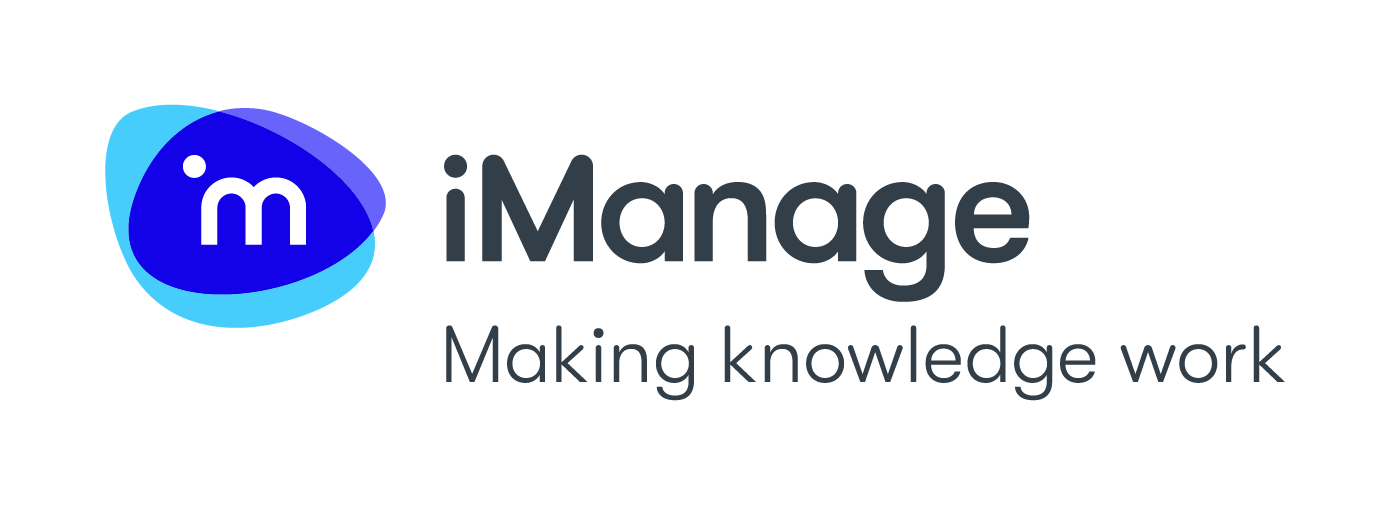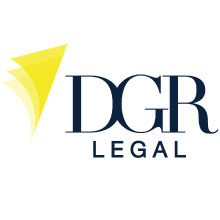New Jersey’s New $15.00 Per Hour Minimum Wage: What Businesses Need to Know
By Andy Surtz
New Jersey’s governor, Phil Murphy, promised during his campaign, that he would raise the minimum wage in New Jersey. As of February 2, 2019, this promise became a reality. Governor Murphy signed a new law that would slowly raise the minimum wage for most hourly employees by the year 2024. This bill will effectively raise the current minimum wage of $8.85 per hour to $15.00 per hour at an increment of approximately $1.00 per year. Prior to this new bill, New Jersey raised its minimum wage by $0.25 per hour to accommodate a cost of living increase in January 2019. Here is what you need to know about this new bill and how it will affect your business.
How Does the Minimum Wage Increase Work?
The new minimum wage changes were never intended to be implemented immediately. Lawmakers are very aware of the problems small businesses face when it comes to hiring employees and paying their wages. However, the intention of the bill is to make sure all New Jersey workers are earning “a livable wage” within a few years. To begin the process, anyone making a minimum wage in New Jersey will see their pay jump from $8.85 per hour to $10.00 per hour on July 1, 2019. Then, stating on January 1, 2020, there will be a $1.00 increase in minimum wage pay annually, until it reaches $15.00 per hour by 2024. This will occur for almost all minimum wage earners, however, there are a few exceptions.
The Exceptions for the Minimum Wage Increase
To be clear, all workers in New Jersey will benefit from a minimum wage increase to $15.00, however, some workers who fall under the exception will realize it at a slower pace than others. The new bill understands the difficulties a higher minimum wage would bring to seasonal employers, and employers with five or fewer employees. Therefore, employers in these categories will not see the full increase in minimum wage until 2026.
One additional exception to the rule is tipped employees. Currently, they are earning $2.13 per hour plus tips. Their wages will gradually increase to $5.13 per hour plus tips, however, their hourly wage and tips combined must equal $15.00 per hour. Otherwise, their hourly wage will need to be raised to meet that standard.
Implementing the New Minimum Wage Bill within Your Company
As an employer working with minimum wage employees, this new bill may appear a bit overwhelming. The key is to keep track of the timeline to properly implement raises as required by law. In addition, it would be best to analyze all employee pay to make sure no employees are making less than the minimum wage, which may require all employees making under $15.00 per hour to receive an annual raise. In order to stay on top of these changes and implement the new pay structure properly, it is best to discuss any potential legal issues related to employee pay with your trusted attorney. Then, it is best to meet with your attorney and human resources department to make sure you are following all intended guidelines and implementing pay changes as required.





















